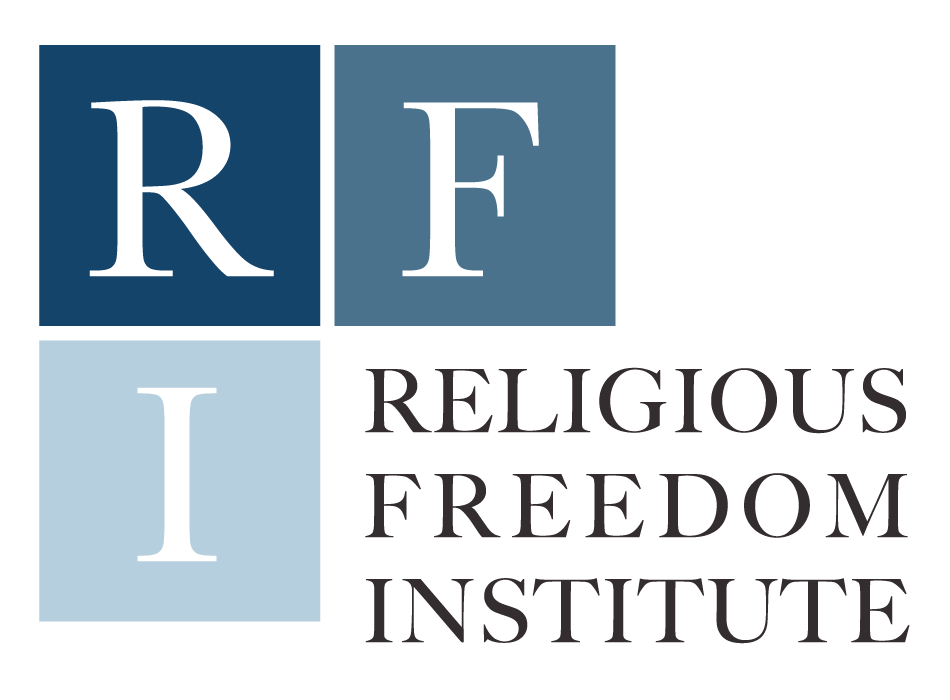June 24, 2019, Washington, D.C. — The United States Supreme Court held on Thursday that the Bladensburg Cross, a forty-foot cross honoring World War I veterans on public land in Maryland, does not violate the Constitution’s prohibition of established religion.
The Court’s decision, issued in the case of American Legion v. American Humanist Association, relied on American tradition and history to hold that monuments with religious meaning on public land do not run afoul of the First Amendment’s Establishment Clause so long as they follow the founders’ tradition of “respect and tolerance for differing views, an honest endeavor to achieve inclusivity and nondiscrimination.”
“We welcome the Supreme Court’s reaffirmation of the American concept of disestablishment, which seeks to protect religious exercise for everyone from undue government influence so that all religions can flourish,” said Thomas Farr, president of the Religious Freedom Institute (RFI).
The Court rebuked the argument that any monument with religious significance on public land should be torn down, observing that a “government that roams the land, tearing down monuments with religious symbolism and scrubbing away any reference to the divine will strike many as aggressively hostile to religion.” The Court likened this to the projects of “militantly secular regimes” such as that of Revolutionary France, and warned that “the image of monuments being taken down will be evocative, disturbing, and divisive.”
Rather, the Court explained, the Constitution’s Free Exercise and Establishment Clauses together “aim to foster a society in which people of all beliefs can live together harmoniously, and the presence of the Bladensburg Cross on the land where it has stood for so many years is fully consistent with that aim.”
The Court’s opinion echoed the brief filed in support of the monument by RFI’s Islam and Religious Freedom Action Team. The brief argued that the best way for a religiously pluralistic society to arrange its affairs is for the government to treat all religions with “benevolent neutrality” rather than attempt “to slowly and steadily expunge religious belief from the public square altogether.” This view, RFI’s brief argued, “is the most faithful to the original meaning of the Constitution, is the most accommodating and evenhanded in its treatment of minority religious faiths, and is most successful in achieving…a way of not only living together, but of flourishing.”
Thursday’s decision also seriously calls into question the test the Court created for Establishment Clause claims in Lemon v. Kurtzman, 403 U. S. 602 (1971). The “Lemon Test,” which the Court noted has been heavily criticized and nearly abandoned in its own jurisprudence, calls on courts to analyze Establishment Clause claims in light of whether a “reasonable observer” would think the challenged government action was an endorsement of religion. In last week’s opinion, the Court held that Lemon does not apply to challenges to monuments and expressed doubt over its continued vitality in other kinds of Establishment Clause cases.
“We applaud the Court’s holding that Lemon doesn’t apply to monuments, but we earnestly join Justice Thomas’s call in his concurring opinion that the Court should ‘take the logical next step and overrule the Lemon test in all contexts,’” said Farr.
In its friend of the court brief in this case, RFI’s Islam and Religious Freedom Action Team urged the Court to declare Lemon dead, arguing that its “exclusion of all religions from public depictions and pronouncements does not comport with the text or the historic understanding of the Establishment Clause, nor is it ideal in a society that wishes to acknowledge and encourage a diverse and pluralistic populous.”

Media Contact:
Jeremy P. Barker
media@religiousfreedominstitute.org
202-838-7734
www.religiousfreedominstitute.org
The Religious Freedom Institute (RFI) works to secure religious freedom for everyone, everywhere. RFI is a non-profit, non-partisan organization based in Washington, D.C.
THE RFI BLOG

Is Egypt’s Government Trying To Take Over Christianity’s Most Important Monastery?

Does Southeast Asia Lead the World in Human Flourishing?

RFI Leads Training Session on Religious Freedom Law and Policy for U.S. Army War College

Oral Argument in Charter School Case Highlights Unconstitutional Motives Behind OK Attorney General’s Establishment Clause Claim

Largest Longitudinal Study of Human Flourishing Ever Shows Religion’s Importance
CORNERSTONE FORUM

Reaffirming Religious Freedom: Bridging U.S. Advocacy and Iraq’s Constitutional Framework

Political Polarization, Same-Sex Marriage and Religious Liberty

Bridging the Gap Between International Efforts and Local Realities: Advancing Religious Freedom in the MENA Region

Challenges to Religious Freedom in Iraq and the Critical Need for Action

